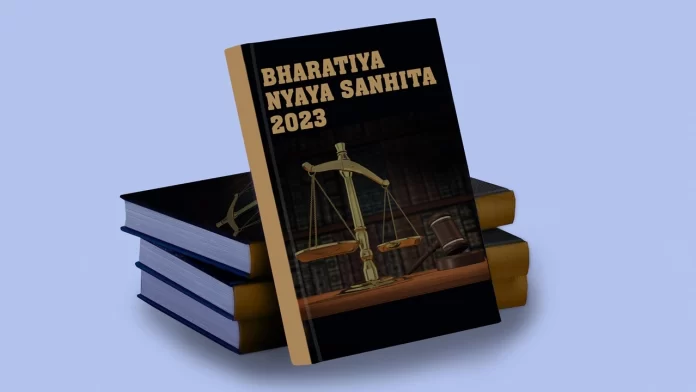The Section, which obliges a guilty person to report his guilt to the police or magistrate or else be liable for double the punishment, is a juridical masterstroke and offers a simple solution to tackle crimes
By Amit Jaiswal
The criminal justice system in India and all major democratic countries has worked on certain basic principles. One of these is enshrined in a legal maxim nemo tenetur prodere acussare seipsum which means “no man is bound to accuse himself”. The burden on prosecution agencies used to be heavy and they had to discharge it by proving guilt beyond reasonable doubt. The accused was not needed to enter the witness box to disprove the case of the prosecution and the prosecution had to connect all the dots to prove the guilt of the accused person. So much so, that the accused had the right to remain silent.
The prosecution side had been carrying this onerous burden for centuries together, but now the Indian legislature has come up with a groundbreaking change in the criminal justice system which has the potential of revolutionising and transforming it not only in India, but the world over. The introduction of Section 106(2) in the Bharatiya Nyaya Sanhita (BNS), 2023, has heralded a new era in the criminal justice system in India.
Section 106(1) of the Sanhita says: “Whoever causes death of any person by doing any rash or negligent act not amounting to culpable homicide, shall be punished with imprisonment of either description for a term which may extend to five years, and shall also be liable to fine; and if such act is done by a registered medical practitioner while performing medical procedure, he shall be punished with imprisonment of either description for a term which may extend to two years, and shall also be liable to fine.”
Section 106(2) of the Sanhita says: “Whoever causes death of any person by rash and negligent driving of vehicle not amounting to culpable homicide, and escapes without reporting it to a police officer or a Magistrate soon after the incident, shall be punished with imprisonment of either description of a term which may extend to ten years, and shall also be liable to fine.”
Thus, it can be clearly seen that Section 106(2) obliges a guilty person to himself report his guilt to the police or magistrate, otherwise he will be liable for double the punishment which otherwise can be inflicted upon him.
With the introduction of Section 106(2) in the BNS, we have now propounded a new theory, the practicality of which is hard to miss. Who better than a guilty person himself approaching the authorities to inform about his guilt? It is a scenario where there is little scope of any manipulation by the prosecution agency.
Besides, the police is also saved from a lot of drudgery of investigating the crime and solving the cases. The amendment is so simple, yet so revolutionary that it may be added to different sections of the BNS.
To start with, it should be added with Section 301 of BNS which deals with theft and carries imprisonment up to three years. One sub-section, on the lines of Section 106(2), should be added to Section 301, making it obligatory for a thief to himself report the theft to the police or magistrate. And in case he escapes without reporting, then the perpetrator should be liable for punishment which may extend to six years.
The minimalism of language employed by the legislature in framing 106(2) BNS is laudatory. The prosecution agencies are already rooting for it. The prospects of this new jurisprudence are exciting and the horizon so wide that it may usefully be employed to tackle a wide variety of crimes such as blind murders, frauds, etc.
Sometimes, the solution to the greatest problems is right there, but due to obfuscation, we are unable to see it. Criminal jurisprudence, blinded by ponderous theories propounded by erudite legal theorists, failed to see a simple, but surefire solution to many problems faced by the criminal justice system the world over. No wonder it took almost two centuries since the enactment of Indian Penal Code, 1860, to find a solution which was right in front of our eyes.
The incorporation of Section 106(2) in the BNS in all likelihood will change the way the criminal jurisprudence is understood and applied world over and will consolidate the positioning of India as a leader in the comity of nations.
—The writer is an advocate in the Punjab and Haryana High Court at Chandigarh


